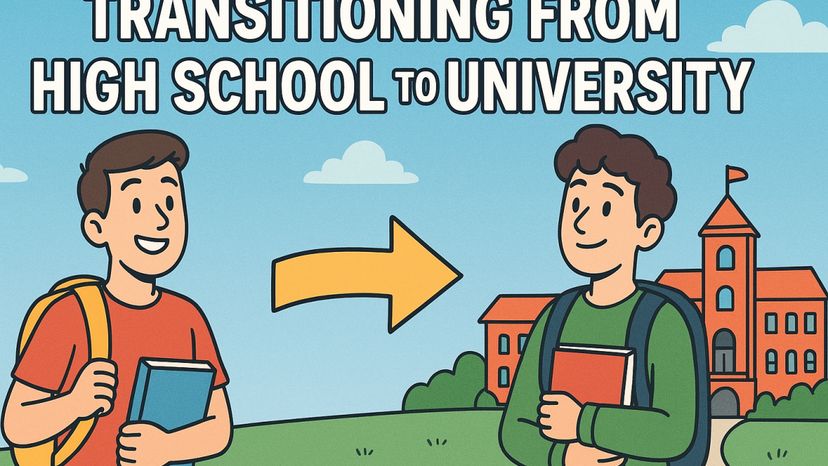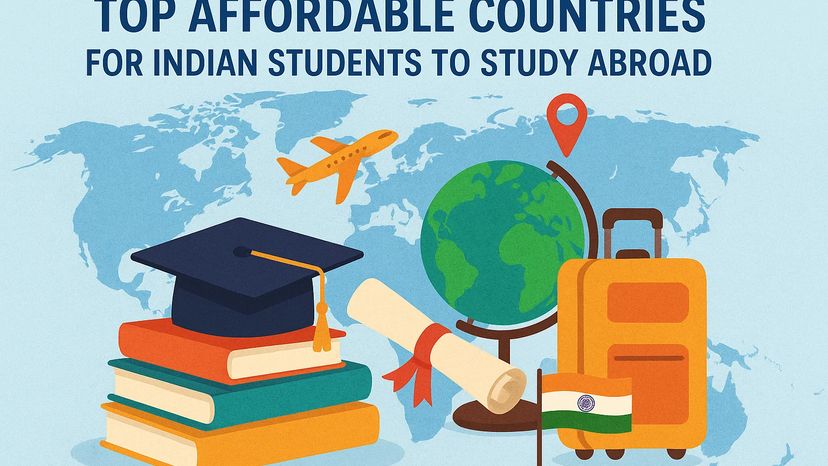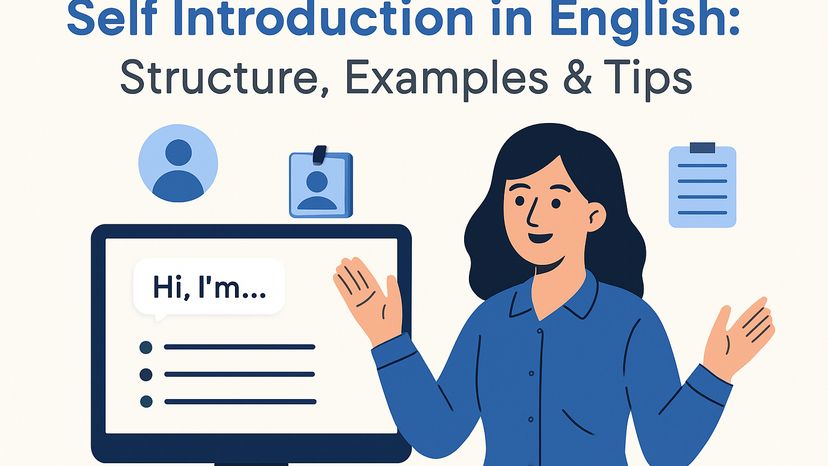Organizing your education is an exhilarating experience, while figuring out how to pay for it can be downright frustrating. For many students, the loan process is the bridge between their dreams and reality. If your education involves a degree from India or abroad, an understanding of the loan aspects is imperative to avoid unnecessary stress down the line. Students often have trouble fully understanding are student loans secured or unsecured; what interest rates are applicable, how repayment schedules are designed, and whether any security or collateral is involved.
In this document, we will break down the process of obtaining a loan for student needs into easily digestible sections and present hints and tips to help make the right selections. We will also present, as it relates to your needs, useful resources, factors to consider, and issues to avoid. By the time you finish this document, you should have a good understanding of how to obtain your student loan approval without confusion and regret, and some ideas about how to make repayment manageable. For those planning for post-graduate studies, this may be the step that allows you to convert your academic aspirations into an academic reality.
Understanding Student Loans in India
In India, student loans aim to help you be able to finance education, while also relieving the financial obligations placed upon your family. A bank loan for students can cover tuition fees, rent for accommodation, books, and anything else you may need as an essential. Plenty of government and private banks offer education loan for students in india way of providing funding for your education through competitive interest rates.
For the ambitious few who desire to study and learn globally, there are also education loan for higher education , depending on the repayment terms and conditions. If you are conflicted about whether to study in India or abroad, this article on how to decide study in India vs abroad presents an in-depth comparison.
Some banks require compulsory collateral security (i.e., fixed deposits, property, for example), while some banks require no paperwork at all for amounts under certain thresholds. To save you time and help you reflect on which option meets your needs best, it would be helpful to know this in advance.
Secured Vs Unsecured Student Loans
When applying for a student loan, one of the common terms you will hear is whether student loans are secured or unsecured.
- Secured loans have collateral security, typically property or a fixed deposit.
- Unsecured loans do not have collateral, but may have a higher rate of interest;
For example, if you were applying for loans for students without a credit history or cosigner you may be offered unsecured loans. This can be helpful for students with no financial backing or history of credit.
How To apply for a Student loan!
Here is a step-by-step breakdown of how to get student loan approval without c hassle:
1. Research your options – More than one bank and NBFC to select from
2. Check your eligibility – Each bank uses different criteria, especially for students under 18.
3. Prepare documents – Some banks will give you loans without paperwork. Otherwise, you will be required to submit basic paperwork.
4. Apply early – Early in the process gives you time to compare rates and terms.
5. Follow up on the app through cpl setu login . Set a login to help you track your loan.
If you are unsure of the process and want to make it a little easier, you can always speak to an expert counsellor, and he/she can assist you in expediting the process and make it less complicated and stressful.
Tips for Managing Student Loans Responsibly
1. Only borrow what you need instead of borrowing the maximum.
2. Don’t miss tax savings. Look for programs that offer no income tax upto 12 lakhs.
3. Consider loan repayment options that start once your course finishes.
4. If you want to pursue non-formal fields of study (like becoming a pilot), knowing potential salaries (such as a pilot in india salary) allows you to plan your repayment better.
5. You can take an online psychometric test that helps you find careers with high skills and earning potential that you are good at, which makes it so much easier when it comes to repayment.
Options and Assistance
1. If you are unable to get a traditional education loan, you can consider:
- Scholarships and grants
- Working a part-time job while studying
- Employer sponsorships in some fields
- Community or cooperative support systems
2. For educational careers that attract high competition, creating inward oriented policies will be key in making the best of inward oriented policies of education funding, providing students the opportunity to make better choices in determining how much to borrow and the repayment period.
3. Many students are also worried about getting a cosigner. Alternative routes, like guarantor commerce, are exploring student loan no credit no cosigner solutions before adopting a cosigning model that is traditionally looked at when banks are reluctant to offer approval.
4. If you are looking to explore how much you can earn on completion of education, this study abroad counsellor salary in India guide is a great find.
Selecting the Relevant Loan
- Not all loans are made equal. When comparing:
- Understand the interest rate, processing cost, and repayment period.
- Determine if a prepayment is acceptable and whether it carries a penalty.
- Determine if the loan covers all costs or just tuition.
Before you confirm the loan through education counselling, book a session to get a professional opinion tailored to your situation.
Frequently Asked Questions
Q1. The distinctions between secured and unsecured student loans are:
Ans. Secured loans always have collateral security, while unsecured loans do not. It is common practice for unsecured student loans to have higher interest rates.
Q2. Can a student get loans for under 18 years old?
Ans. While banks do give loans to those under the age of 18, they usually require a guardian to sign the loan agreement.
Q3. Is it possible to get a student loan without a cosigner?
Ans. Some financial institutions offer student loan no credit or cosigner options. Also, services like quarantor com will help in these types of situations.
Q4. Are there loans that don't involve a lot of paperwork?
Ans. Yes, some lenders offer loans without any paperwork if you are requesting small amounts or you are a previously preapproved customer.
Q5. Can an education loan include living expenses?
Ans. Yes, most education loan for study abroad and education loan for students in india apply to tuition, books, and living expenses.
Q6. How much can I borrow without being taxed on my income?
Ans. There are exemptions like no income tax up to 12 lakhs, depending on the nature of your earnings and whether you experience benefits from repayment.
Q7. What if I would like a loan but have no credit rating?
Ans. You can apply to loans for students with no credit or cosigner or unsecured











